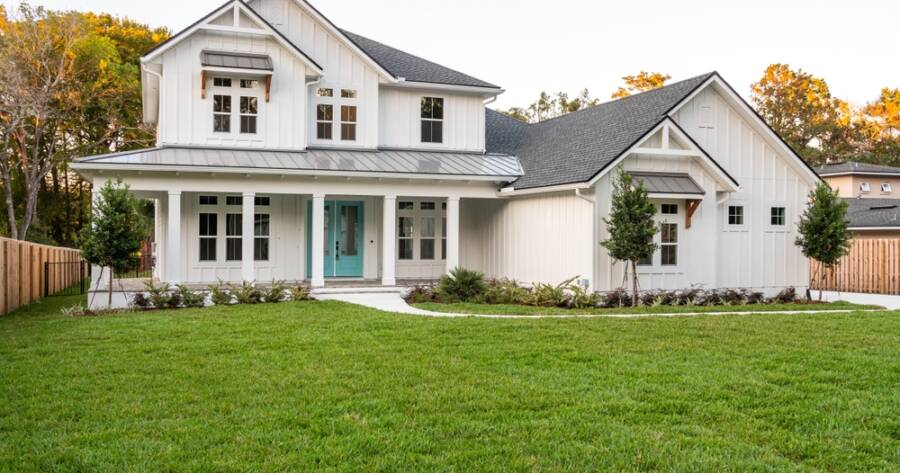Home value is an important consideration for both homeowners and prospective buyers, as it directly affects financial decisions and long-term investment potential. Whether planning to sell, refinance, or simply maintain property appreciation, understanding the factors that influence home value is essential. From location to market trends, knowing what drives home prices can help homeowners make strategic decisions to maximize their property’s worth.
Defining Home Value
Home value refers to the estimated worth of a property in the current real estate market. It is influenced by factors such as location, property condition, market conditions, and broader economic trends. While real estate professionals, appraisers, and online valuation tools can provide estimates, the ultimate value of a home is determined by what buyers are willing to pay.
Factors That Influence Home Value
Location
One of the most significant factors in determining home value is location. Properties in desirable neighborhoods with strong school districts, low crime rates, and proximity to amenities like parks, restaurants, and public transportation tend to command higher prices.
Condition and Age of the Property
A home that is well-maintained and features modern upgrades will generally be valued higher than one with outdated systems or structural issues. While older homes may have unique charm, major repairs or aging infrastructure can negatively impact their worth.
Size and Layout
Square footage and the overall layout play a crucial role in valuation. Homes with spacious, functional layouts and an adequate number of bedrooms and bathrooms for the target market are generally more desirable.
Market Trends
The real estate market fluctuates based on factors such as supply and demand, interest rates, and economic conditions. A seller’s market, where demand outpaces inventory, typically leads to rising home values. In contrast, a buyer’s market can drive home prices down.
Upgrades and Renovations
Certain home improvements can significantly boost value, such as kitchen remodels, updated bathrooms, and energy-efficient upgrades. However, not all renovations offer a high return on investment, so it’s important to focus on projects that align with market preferences.
Curb Appeal
First impressions matter when it comes to home value. A well-maintained exterior, fresh landscaping, and clean façades can make a home more appealing to buyers, increasing its perceived worth.
The Impact of Online Home Valuation Tools
Online tools have transformed how homeowners and buyers assess property value. Platforms like Zillow, Redfin, and Realtor.com provide instant home value estimates based on algorithms that analyze recent sales, market trends, and property details. While these tools offer a helpful starting point, their accuracy can vary. For the most precise valuation, it’s best to supplement online estimates with insights from real estate professionals and formal appraisals.
Strategies to Increase Home Value
Upgrade Key Areas
Renovating high-impact areas such as kitchens and bathrooms can add significant value. Modern appliances, updated countertops, and stylish fixtures enhance both function and appeal.
Improve Energy Efficiency
Installing energy-efficient features, such as smart thermostats, solar panels, or new windows, can make a home more attractive to eco-conscious buyers while also reducing utility costs.
Enhance Curb Appeal
Small improvements, such as a fresh coat of paint, a new front door, or updated landscaping, can significantly improve a home’s exterior appearance and increase its value.
Stay on Top of Maintenance
Addressing minor repairs—such as leaky faucets, cracked tiles, or peeling paint—prevents them from turning into larger, more costly problems.
Consider Home Staging
If selling, staging a home can help highlight its best features. A neutral color palette and decluttered spaces allow potential buyers to better visualize themselves in the home.
Investing in Your Home’s Value
Home value is influenced by a combination of factors, including location, market trends, and property condition. By understanding these elements and taking proactive steps to maintain and enhance a home, homeowners can protect and increase their investment over time. Whether preparing for a sale or simply looking to improve a living space, making strategic upgrades and staying informed about market conditions ensures a home remains a valuable asset.

